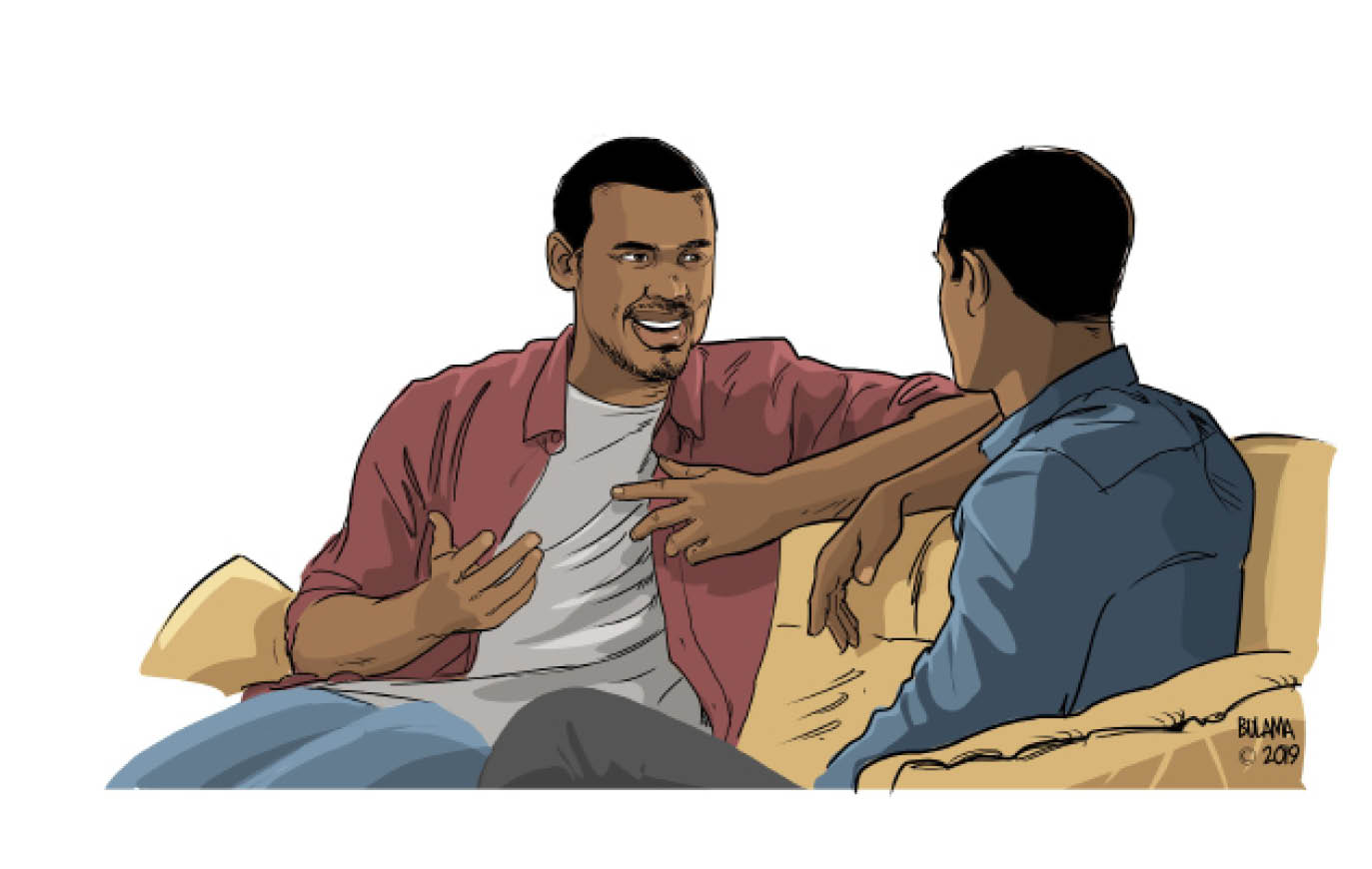How do you correct a friend without offending them?
A lot of people think it’s rude to constantly correct a friend when they do something wrong while some people are worried about rocking the boat of their friendship. However, if you’re scared of correcting your friends, what’s the alternative? Leaving them to behave whichever way they like, even when it causes embarrassment for you? […]

A lot of people think it’s rude to constantly correct a friend when they do something wrong while some people are worried about rocking the boat of their friendship. However, if you’re scared of correcting your friends, what’s the alternative? Leaving them to behave whichever way they like, even when it causes embarrassment for you? Like when they make grammatical errors or have poor hygiene.
There are also situations where they exhibit socially unacceptable behaviours like being rude to older people or displaying bad table manners. How do you correct them without offending them? LifeXtra sought people’s opinions on this confounding issue.
“If you have a friend who is dirty or has hygiene issues, you should definitely tell them that privately,” says Ada Chukwuma. “I used to have a friend who had body odour and I was really confused on how to tell him without offending him but I couldn’t figure out a way, so I started avoiding the person which wasn’t good because he was a really good friend.”
Ada added that eventually when she decided she didn’t want to lose a good friend because of something that could be easily corrected, she called him aside for a private discussion and told him about it and beforehand she had googled solutions on it and she proffered them.
Ada, who was really worried about how he would handle it, was surprised about his calmness and gratitude. The 28-year-old entrepreneur said, “He was really calm about the whole thing and he wasn’t annoyed or in denial about it. He said he would look into it and I’m glad to say now, he smells pleasantly.”
Dolapo Akande, a student, said if you’ve a rude friend, you shouldn’t be bothered about offending them, especially if they are showing a lack of respect for elders.
“If I have a rude friend who disrespects someone older, I’m going to tell the person immediately that what you’ve just done is rude and they have to change,” she expressed.
Dolapo said she dislikes disrespectful people and if she speaks to such a person and the person refuses to take heed, she will slowly reduce her interactions with such a person.
“Birds of the same feathers flock together. If a close friend is seen as a rude person, before long people would start thinking you’re both the same.”
However, Aisha Abdullahi says “correcting friends jokingly is the key.”
“When a friend makes a grammatical or factual error, I don’t make jest of the person or harshly tell them they are wrong.”
Aisha says, “Nobody is above mistakes, so you shouldn’t embarrass them. Just tell them playfully that what they’ve said is wrong and tell them what the right one is without any hint of mockery.”
She explained that some people can’t differentiate between a real joke and mockery or being sarcastic.
Kolawole, a Lagos-based artist, doesn’t think it is as easy as Aisha says, especially when it’s an entrenched habit like bad table manners.
Speaking from experience, Kola said even though you don’t want your friend to feel attacked or disrespected, correcting people most times provoke defensiveness.
“I once had a girlfriend who eats too quickly and she didn’t react well when I tried to correct her initially, but people must understand that bad habits take some time and attention to change. It won’t be a single conversation.”
He stated that while correcting people about bad manners, you have to avoid inflammatory words.
“When I discussed it with her, I didn’t say ‘why do you eat like you’re being chased’ or something similar even though I wanted to,” Kola said.
“Instead, I told her she should eat a bit more slowly so we could spend more time together over meals, and to include more conversation. This worked and gradually she changed. So diplomacy and patience are important,” he added.
